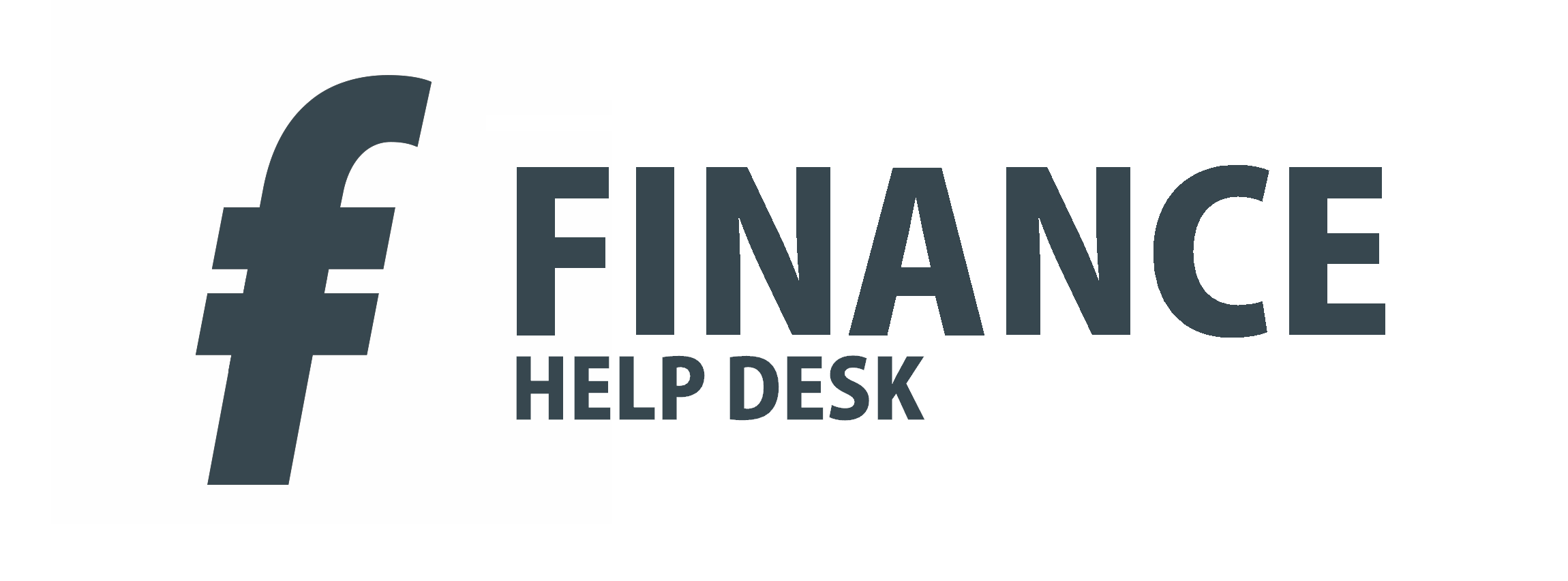It is important for finance and business students to have critical thinking skills. It assists in understanding various issues, decision-making, and develop an effective approach to present logical arguments in essay writing. It is also crucial to know the concepts of finance and equally important to be able to analyse the information contained in the instructions to be able to produce A-grade essays. This guide will cover seven techniques and benefits of using finance essay help experts to excel in critical thinking finance essays through research, analytical thinking, logical arguments, clear communication, effective use of examples and continuous revision. Let us explore each technique.

7 techniques for writing High Quality Critical Thinking Finance Essays
1. Thorough Research
Research is the cornerstone of any good finance essay. It builds a foundation around the topic you are writing and enhances your scope of research. To ensure thorough research:
- Identify Credible Sources: Credible sources of research include scholarly articles, books, reliable websites, and industry reports. Some of them are JSTOR, Google Scholar, and your university library.
- Stay Current: It is also important to update oneself with the recent trends in finance. Latest information must be included in the financial report. Also, recent publications, financial news sites and industry newsletters should be followed.
- Deep Dive into the Topic: Prefer to go beyond the basics. It is important to dig deeper into the subject to explorer subtle aspects and new perspectives. Brainstorming with your classmates can help you present a multi-faceted view in your essay.
Example: When writing about interest rate changes and its effects on stock markets, consider using scholarly papers, historical records follow opinions by experts. Ensure that you use case histories to examine and illustrate trends that would affirm your claim.
2. Analytical Thinking
Analytical thinking can be described as a process in which a complex information is clustered into sub groups in order to study the relationship amongst them. This is important when analyzing the financial data and making rational decisions.
- Use Financial Models: Familiarize yourself with financial models and tools some of which includes; discounted cash flow (DCF), net present value (NPV) and internal rate of return (IRR). These models facilitate systematic analysis of financial data.
- Compare and Contrast: When explaining an argument, try to make a comparative analysis of different opinions and data. This supports your argument and justifies the inclusiveness of multiple perspectives.
- Ask Critical Questions: Pose questions like “Why did this happen?”, “What are the implications?”, and “What are the alternatives?” to dig deeper into the topic.
Illustration: while evaluating financial condition of a company use ratio analysis tools (for example, liquidity ratios or profitability ratios). It is recommended to compare these ratios with comparable industry standards to offer a fair analysis of the company’s performance.
3. Structured Argumentation
Logical and well-structured arguments are important to present your ideas effectively. Organize your essay in a coherent manner so that each part follows the previous one meaningfully.
- Create an Outline: First, it is necessary to create a clear structure of your essay that includes: the introduction, the main body (points and sub-points), and conclusion.
- Use Paragraphs Effectively: Each paragraph should describe one main point or an argument. Begin the paragraph with a sentence describing about the topic followed by statistical or factual evidence, and conclude with a summary.
- Link Arguments: Make sure your arguments are linked to each other. Make sure to use transitional phrases within the paragraphs to help the reader go from one argument to another.
Example: In as essay on debt financing, the introductory part should focus on the significance of the topic. Next, write paragraphs about advantages such as tax benefits and disadvantages such as financial risks involved and interest obligations. Summarize and conclude on the basis of advantages and disadvantages.
4. Clear Communication
Clear communication ensures your ideas are understood. This is done through the utilization of simple language and avoiding complex terminologies and ensuring that the arguments are logical.
- Use Simple and Precise Language: It is best to keep the sentence structure simple and avoid the use of technical terms or anything that the readers may not understand easily. Ensure that what you have written is easy for others to comprehend.
- Define Key Terms: If you are going to use technical terms in your writing, the best course you should take is to provide an explanation of the technical terms in layman terms so that the readers can easily follow.
- Use Visual Aids: Charts, Graphs and tables should be included as a way of presenting data. These tools can help simplify the information that maybe otherwise difficult to understand.
Illustration: When discussing the concept of the market efficiency write a easy definition and attach the figure illustrating the Efficient Market Hypothesis (EMH) to present how stock price
5. Effective Use of Examples
Use of example and case studies can enhance your essay and make the arguments clear to the readers. They help substantiate your arguments and give you direct, real-life examples to include in your essay.
- Use Relevant Examples: Ensure that the examples used are closely related to the essay topic and supports the argument appropriately. Do not use examples that have obsolete information or irrelevant in context of the topic.
- Explain the Examples: It is essential not only to provide examples but also to describe how these examples can substantiate an argument and what they reveal.
- Use Case Studies: A case study is a thorough examination of a particular event or scenario. Use of case studies helps demonstrate the real life application of theoretical concepts.
Example: When writing an essay on corporate governance and its effects on the performance of firms, it may be useful to include examples such as the Enron Corporation and Apple Inc. to explain how practices in corporate governance affected the firms’ financial performance.
6. Continuous Revision
Editing and proof-reading is very essential to ensure that you get the best results on your essay. It allows revising the arguments, eliminating the errors and improving the overall quality of the essay.
- Take a Break: One important tip in writing an excellent paper is to take a break after having completed the first draft of the essay. This lets you to revise the essay with new aspects or perspectives.
- Peer Review: Share it with a friend, a peer, an expert, or someone knowledgeable in that area. They can provide useful information and provide feedback for improvement.
- Edit and Proofread: Consider proofreading by checking grammar, spelling, punctuation, and typographical errors. See to it that all your arguments are clear, interconnected and without any ambiguity.
Example: Suppose you have drafted an essay on “How Regulation of finance affect market stability” take a small pause before you start revising for it. Share your work with another student in class and use the feedback you receive to edit and re-write your final copy.
7. Seeking Help from a Finance Expert Online: A Technique to Excel in Critical Finance Essays
Apart from the approaches discussed above, seeking assistance from an online finance essay help expert can enhance your essay writing ability. Talking to an expert is informative, educating, and makes one discover new perspectives and insights.
Benefits of Engaging with a Finance Essay Expert
- Access to Specialized Knowledge: Experts have deep knowledge in diverse finance topics. Consulting them gives you access to advanced concepts and deep information.
- New Insights and Perspectives: Consulting with experts expands your outlook and helps acquire new perspectives that adds value to your essay.
- Personalized Guidance: One can seek advice and recommendations from the experts to improve the content of the essay or identify the shortcomings.
- Enhanced Critical Thinking Skills: Talking to professionals can enhance your critical evaluation skills.
How to Find and Engage with a Finance Essay Help Expert
- Our Online Platforms: finance-helpdesk.com offers finance essay writing and evaluation services. You can connect with our experts.
- Academic Forums and Communities: Subscribe to forums and groups where numerous financial issues and problems are discussed. You can start with Quora.
- University Resources: Utilizes your university library resources containing tonnes of textbooks and research papers.
- Professional Networking Sites: LinkedIn and similar platforms lists experts in the field of finance. Search for professionals that can help you provide valuable feedbacks and insights.
Conclusion
In critical thinking finance essays, essential elements include extensive research, rationality thinking, logical argumentation, coherent communicating, usage of examples, and continuous improvement. Acquiring these skills will assist you in presenting arguments, solving various financial problems and presenting them in well-structured reports. Seeking expert help with finance essay is a good method of boosting your critical finance essays by looking for online financial expert advice. This will make you understand difficult financial terminologies and give proper explanations in your essays. It will be easy to get all the finance essay help you need when you engage online with an expert on any subject matter relating to finance. This technique, combined with comprehensive research, analytic reasoning, logical presentations, smooth information flow as well as use of illustrations can enable one pass business or finance courses with top grades.
FAQs
1. How can I find credible sources for my finance essay?
There are many recommended sources of information including scholarly journals, books, reliable Internet sources, and industry reports. Reputable websites like JSTOR, Google Scholar, or journal databases provided by your university can be utilized to get started. Also, it is helpful to ask a finance essay help expert who will can provide you access to premium websites offering latest financial information or reports.
2. What are some effective financial models I can use in my essay?
Acquaint yourself with tools like discounted cash flow (DCF), net present value (NPV), and internal rate of return (IRR). These models will come in handy when it comes to conducting financial analysis in a more systematic manner. An expert can also recommend which models are most appropriate to your essay.
3. How do I structure my finance essay?
It is necessary to draw a detailed plan which contains introduction, main body (where the principal arguments, analysis and interpretation is written), and conclusion. Paragraphs should be well structured and interconnected. Discussing with an expert may also help in fine tuning of the structure and the way arguments are presented.
4. What are some ways to enhance my critical thinking skills in finance?
Cluster complex information into sub groups, include different viewpoints and incorporate critical questions. Getting help with finance essay improves the critical thinking skills for writing high quality essays.
6. Why is revision important in writing finance essays?
Revision helps to finetune your arguments, rectify errors to enhance the quality of essay. The final steps include taking a break after the first draft of the essay, asking other people to provide feedback.
7. How can an online finance expert help with my essay?
An online finance essay help expert can write your essay, guide you, explain concepts, introduce you to new insights that you might have overlooked. Consulting an expert is a good strategy because it expands the source of knowledge on the topic and sharpens critical thinking skills.
References and Further Reading
- Critical Thinking in Finance by Richard J. Kolbe and Margaret S. Burnett
- Financial Modeling and Valuation by Paul Pignataro
- Corporate Finance: Theory and Practice by Aswath
- JSTOR and Google Scholar
